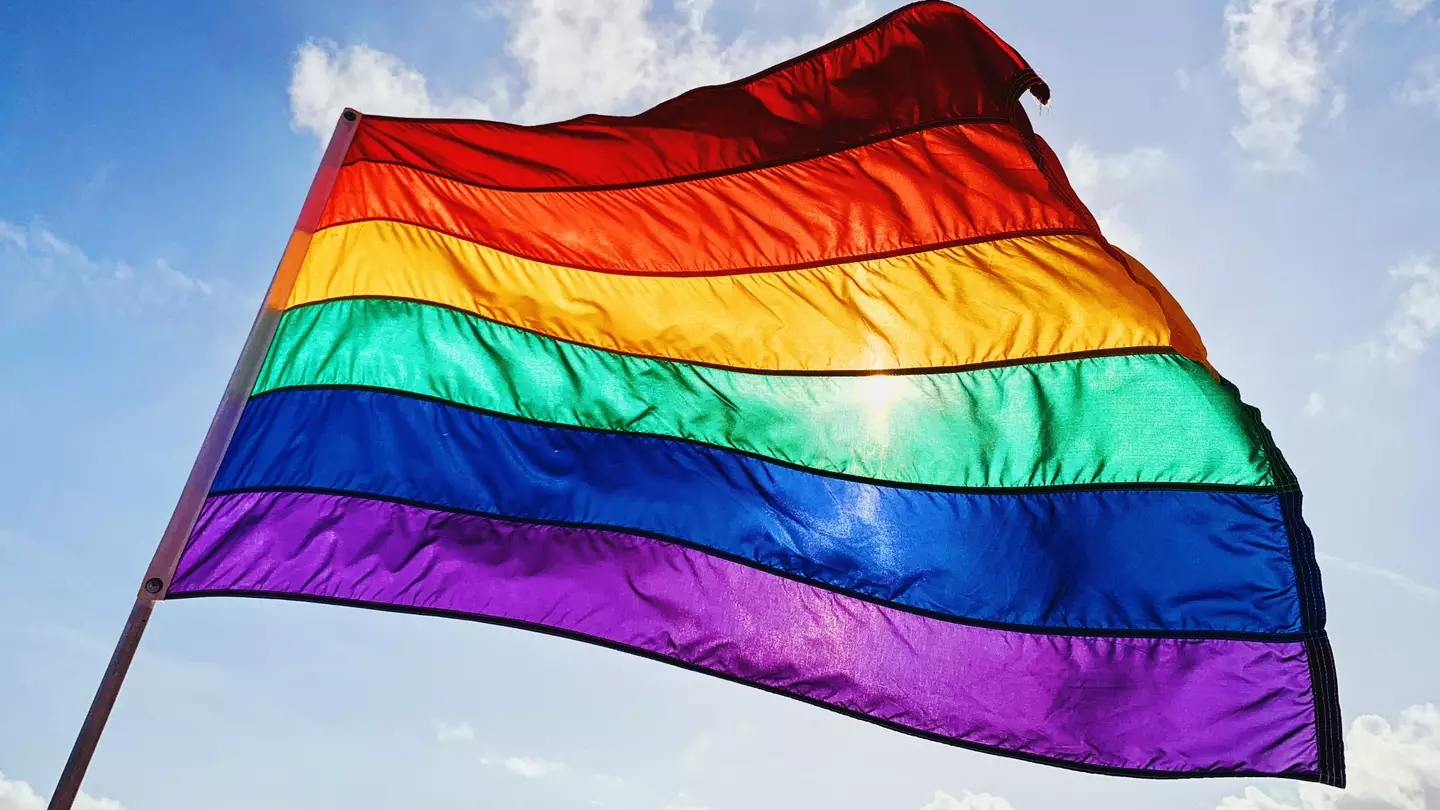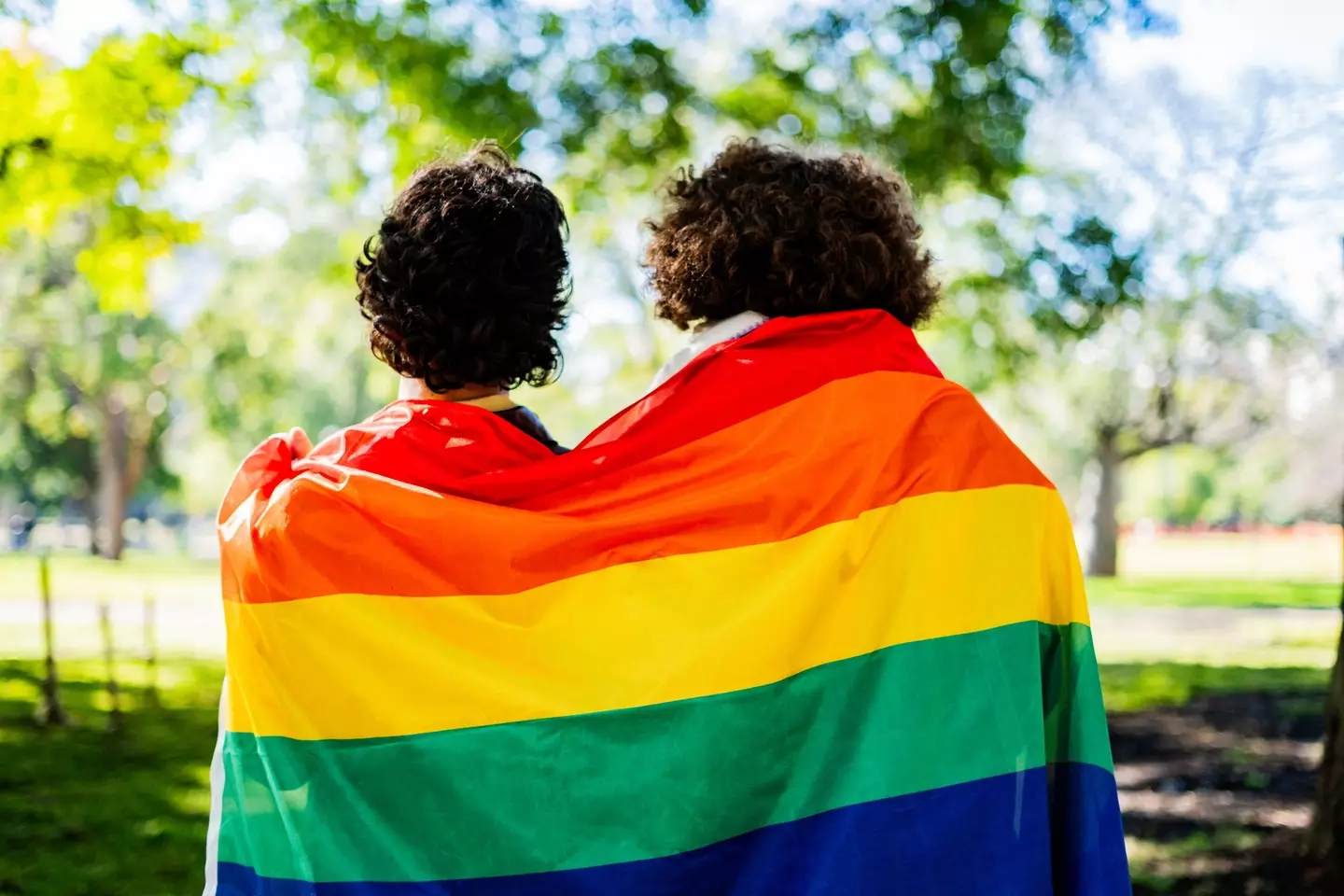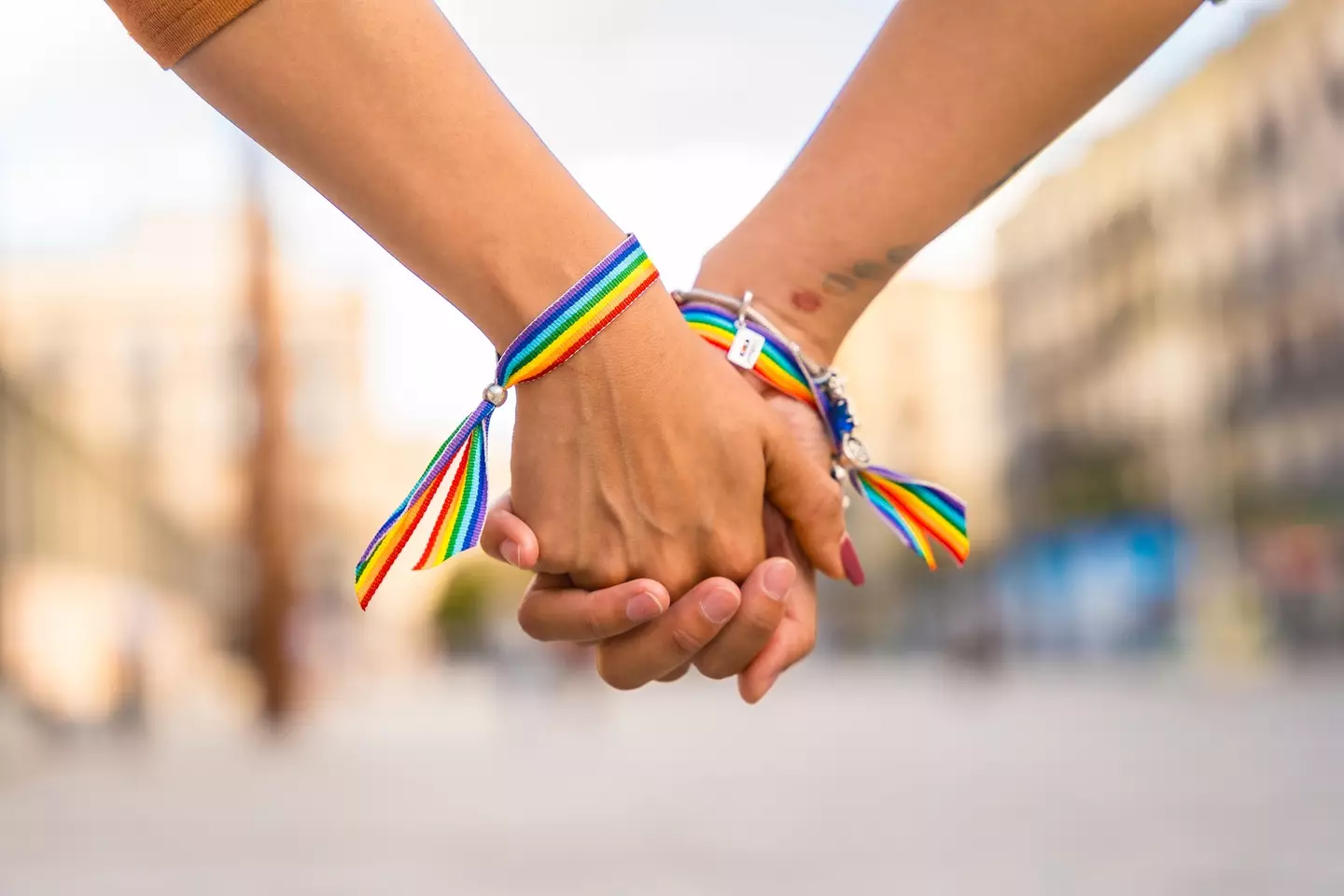
Warning: This article contains discussion of discrimination against the LGBTQ+ community which some readers may find distressing
A debate has been sparked among the LGBTQ+ community as some people are making an effort to reclaim a specific slur.
If you don't know what we mean by this, it refers to when a word which has been used offensively against a particular oppressed group in the past has been taken and transformed into a term of empowerment, defiance and pride.
The concept isn't new, and one of the most recent examples within the community is the word 'queer', which was once used in a derogatory way.
Advert
It has since been reclaimed and embraced, with many LGBTQ+ individuals labelling themselves as queer. Stonewall defines it as 'a term used by those wanting to reject specific labels of sexual orientation and/or gender identity'.
The whole idea of reclaiming words is a form of resistance against discrimination and a way of taking back the power and removing weaponisation from outsiders.

As we say, though, the latest word that some people want to reclaim has sparked division among the community, with some saying they would 'never use it' even to reclaim it.
The slur we're talking about is the word 'f*g'.
It began with photographers El Hardwick and Orion Isaacs, a 'queer trans couple who identify with the term' and want to reclaim it.
They are releasing a book called 't-f*gs,' which is, in their own words, 'a series of photographs and interviews with trans men, transmasculine and non-binary people who identify with the term ‘f*g’.
They explained: "By reclaiming the historically loaded slur, the project’s contributors embody masculinities that embrace femininity and gender expansiveness; deconstructing expectations of heteronormativity for those who transition gender."
Ahead of the book’s release this winter, the couple did an interview with Gay Times, snippets of which have been shared on the publications Instagram page, sparking a debate.
One unsure social media user wrote: "Idk about this one" while a second added: "No one in the LGBTQ+ community is using the f word."
.jpg)
"Oh God!! I would never use that word or reclaim it!!," added a third, with a fourth writing: "Don't say that word it’s still a slur."
A fifth penned: "No one needs to 'ask', everyone is entitled to an opinion, and this is the gay times, that word is very uncomfortable to a lot of gay men."
However, others think it's a great idea to reclaim the word, and some LGBTQ+ people already have.
Someone urged: "Guys, watch the movie Harvey Milk. Watch Pride. Both great. Remember our history, remember our roots, keep reclaiming."
While another person penned: "Many of us have reclaimed it. It’s ok that you don’t like it but others who are queer can."
Others chimed in with: "God I love this," and: "I've been waiting for something like this."
And another agreed: "Slurs have always been reclaimed and we'll keep at it until they run out of English to bully us with."

A similar debate also took place on Reddit, with one user writing: "I think that reclaiming slurs is a great way to rob oppressors of their language."
Someone else agreed: "On one hand, it does reclaim a word and take away some of its power, on the other hand, unlike a racial minority, you can't immediately tell most of the time if its a gay person or a straight person saying it. What are your thoughts?"
While another person argued: "Nah. Not going to shoe horn a slur into my vocabulary. There's already hundreds of words that fill the exact same role with the added benefit of not triggering traumatised gays."
And someone else reasoned: "I think any reclaimed slur should only be used for oneself and if someone else is offended by it, that is their right. Personally, I’d rather slurs just disappear from use, but that’s not for me to decide in this case."
If you’ve been affected by any of these issues and want to speak to someone in confidence, contact the LGBT Foundation on 0345 3 30 30 30, 10am–6pm Monday to Friday, or email [email protected]
Topics: Life, Real Life, Social Media, Sex and Relationships